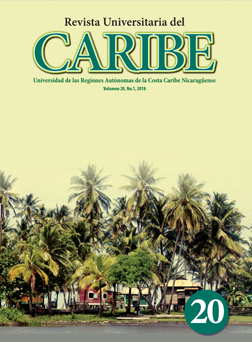Enfoque de mejoramiento de vida: Una alternativa de extensión japonesa para el desarrollo rural de países de Latinoamérica
Resumen
Este trabajo analiza la experiencia del pueblo de Japón en adaptar una metodología de extensión para salir adelante. Se trata de una investigación cualitativa explicativa desde una perspectiva hermenéutica donde se analizaron textos, documentos, reportajes, artículos, entrevistas con mujeres extensionistas y visitas en la prefectura de Okinawa-Japón. El enfoque de mejoramiento de vida Seikasu Kaizen, es un movimiento que se desarrolló en Japón después de la Segunda Guerra Mundial y su concepto principal es “empoderamiento de las familias de la comunidad¨ a través de la realización de las actividades pequeñas en la vida cotidiana. El artículo dice cómo lo hicieron, el concepto, características, tipos; comparación de modelos, técnicas implementadas, rol de los extensionistas y experiencias en Latinoamérica identificando debilidades como la influencia política y enfoques convencionales, finalmente se concluye que la experiencia japonesa para su aplicación debe ser ajustada a nuestro contexto multicultural






